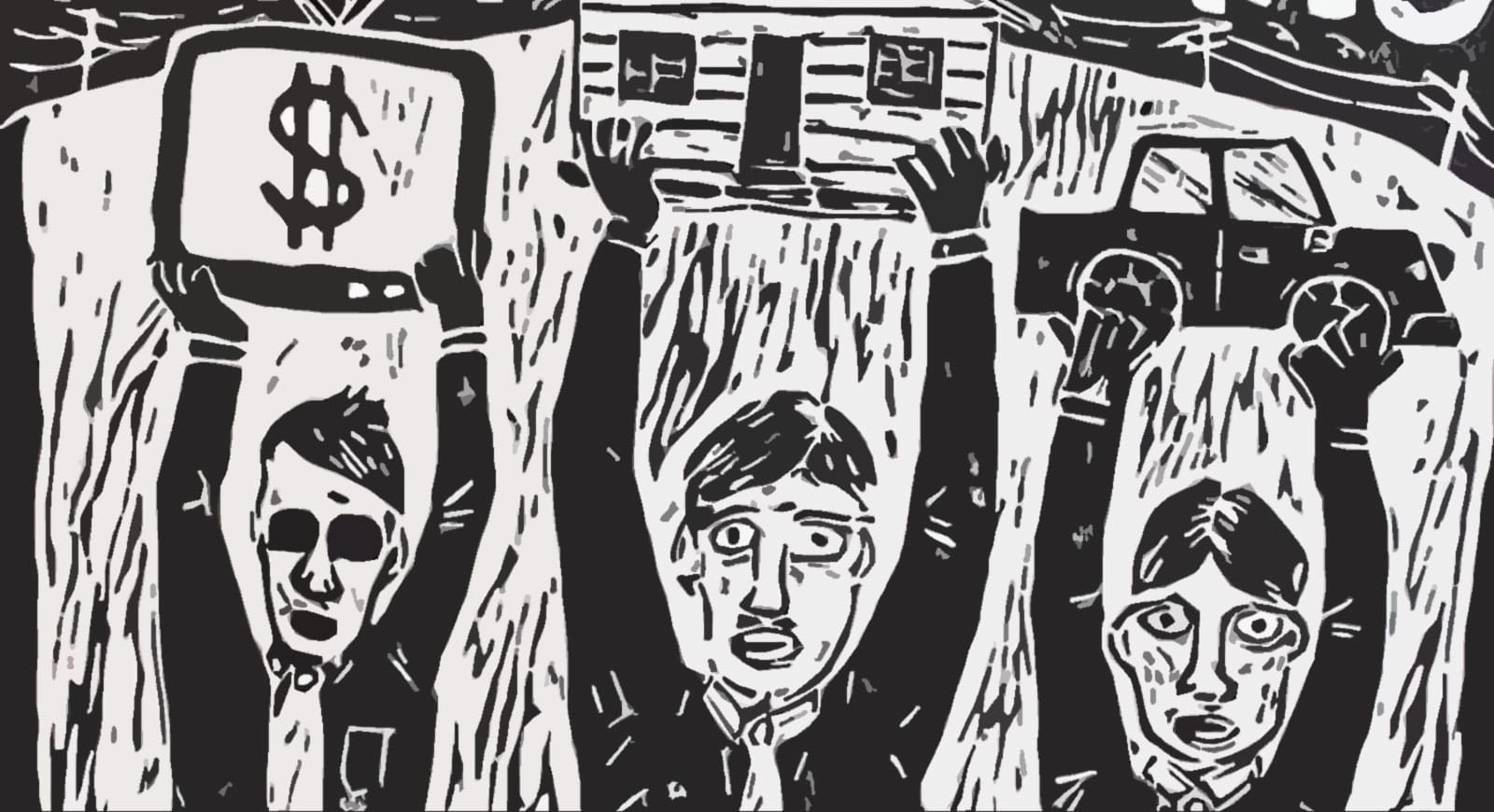Estratto dall’ebook Sulle generazioni di Karl Mannheim 
Scandire il flusso del tempo storico attraverso l’unità temporale delle generazioni rappresenta un’operazione tanto complicata, a causa dell’intrinseca malleabilità del concetto di generazione, quanto densa di significato, per via della riscoperta di possibili traiettorie grazie a cui diventa possibile leggere la società attraverso un paradigma innovativo. L’accostamento del termine “generazione” alla categoria di unità temporale implica una lettura della prima scevra da qualsiasi tipo di schema fisso ed immutabile: la generazione rivela la propria fisionomia sociale proprio nel momento in cui da essa emerge il carattere disomogeneo dell’unità temporale. Da quest’impostazione deriva che è il processo sociale il primo responsabile della creazione di una generazione: di essa plasma non solo gli obiettivi, la mentalità, i modi e gli usi di vivere, ma anche, e forse soprattutto, l’identità, considerata non come semplice sommatoria dei portati sociali di un singolo individuo, ma come vitale mescolanza di fattori sociali grazie a cui viene fatta risaltare la complicatezza della natura umana.
Nel suo Sulle generazioni (1928), di cui proponiamo qui un breve estratto, il sociologo tedesco Karl Mannheim aveva enucleato i caratteri salienti degli studi sulle generazioni mettendo particolarmente in luce le differenze che contraddistinguevano i due principali approcci al tema, rispettivamente positivista e romantico; se il primo trovava la propria raison d’être nel considerare la successione delle generazioni come una delle forze essenziali alla guida del progresso storico, il secondo avversava apertamente questo tipo d’impostazione opponendole una visione, impregnata di spunti irrazionalistici, basata sulla costruzione di una sorta di spirito della generazione grazie al quale fosse possibile realizzare compiutamente il grado di sviluppo umano.
Lungi dal parteggiare per l’uno o per l’altro approccio, il fenomeno sociale della generazione viene presentato dall’autore come un particolare tipo di posizione socio-identitaria che abbraccia i relativi gruppi di età incorporati in una specifica fase del processo storico; se risulta agevole comprendere la “scala sociale” attraverso un ragionamento basato su fattori prettamente socio-economici a cui far riferimento per comprendere la posizione sociale di un individuo, meno facile è la riflessione riguardante il problema del posizionamento storico di una generazione, rilevabile soltanto guardando alla reiterazione di modelli di pensiero trasmissibili da una generazione all’altra.
Nell’odierno contesto urbano i processi culturali sono sempre più frequentemente caratterizzati dalla contaminazione ad opera di nuovi partecipanti; in questo caso specifico il fenomeno sociale della generazione non può prescindere dal prendere in considerazione i “nuovi contatti” intessuti dagli adolescenti e dai giovani con le diverse realtà di cui è composto il tessuto urbano.
“The concept of a ‘spirit of the age’ (Zeitgeist) with which one had hitherto principally worked, now turns out to be— to take another of Pinder’s favourite15 musical analogies — an accidental chord, an apparent harmony, produced by the vertical coincidence of notes which in fact owe a primary horizontal allegiance to the different parts (i.e. the generation-entelechies) of a fugue. The generation-entelechies thus serve to destroy the purely temporal concepts of an epoch over-emphasized in the past (e.g. Spirit of the age or epoch). The epoch as a unit has no homogeneous driving impulse, no homogeneous principle of form — no entelechy. Its unity consists at most in the related nature of the means which the period makes available for the fulfilment of the different historical tasks of the generations living in it.”
[…]
“It is a complete misconception to suppose, as do most investigators, that a real problem of generations exists only in so far as a rhythm of generations, recurring at unchanging intervals, can be established. Even if it proved impossible to establish such intervals, the problem of generations would nevertheless remain a fruitful and important field of research.We do not yet know – perhaps there is a secular rhythm at work in history, and perhaps it will one day be discovered. But we must definitely repudiate any attempt to find it through imaginative speculations, particularly when this speculation – whether biological or spiritual in its character – is simply used as a pretext for avoiding research into the nearer and more transparent fabric of social processes and their influence on the phenomenon of generations. Any biological rhythm must work itself out through the medium of social events: and if this important group of formative factors is left unexamined, and everything is derived directly from vital factors, all the fruitful potentialities in the original formulation of the problem are liable to be jettisoned in the manner of its solution.”
[…]
“To obtain a clear idea of the basic structure of the phenomenon of generations, we must clarify the specific inter-relations of the individuals comprising a single generation-unit. The unity of a generation does not consist primarily in a social bond of the kind that leads to the formation of a concrete group, although it may sometimes happen that a feeling for the unity of a generation is consciously developed into a basis for the formation of concrete groups, as in the case of the modern German Youth Movement. But in this case, the groups are most often mere cliques, with the one distinguishing characteristic that group-formation is based upon the consciousness of belonging to one generation, rather than upon definite objectives. Apart from such a particular case, however, it is possible in general to draw a distinction between generations as mere collective facts on the one hand, and concrete social groups on the other.”
[…]
“According to what we have said so far, the social phenomenon ‘generation’ represents nothing more than a particular kind of identity of location, embracing related ‘age groups’ embedded in a historical-social process. While the nature of class location can be explained in terms of economic and social conditions, generation location is determined by the way in which certain patterns of experience and thought tend to be brought into existence by the natural data of the transition from one generation to another.”










